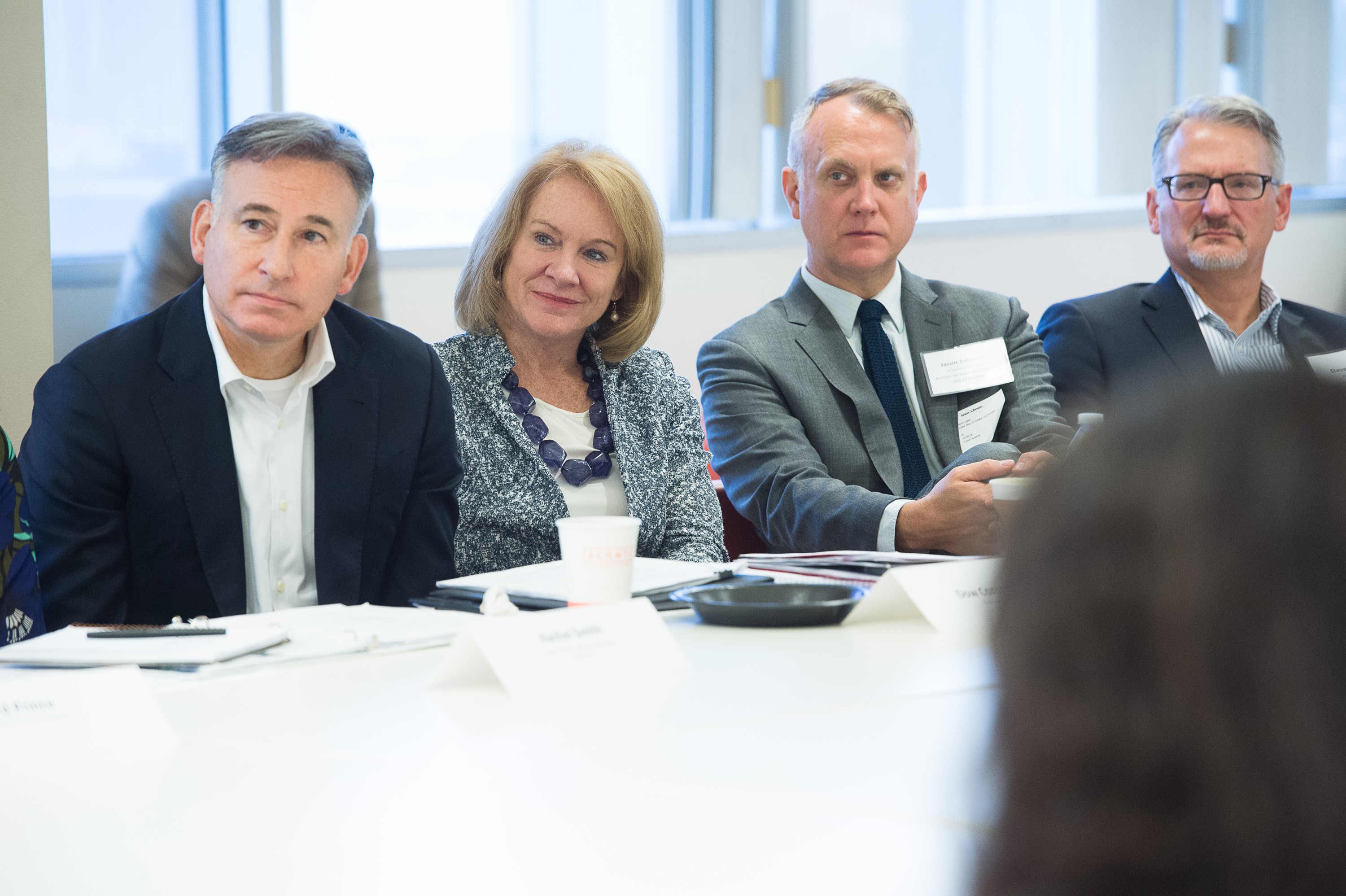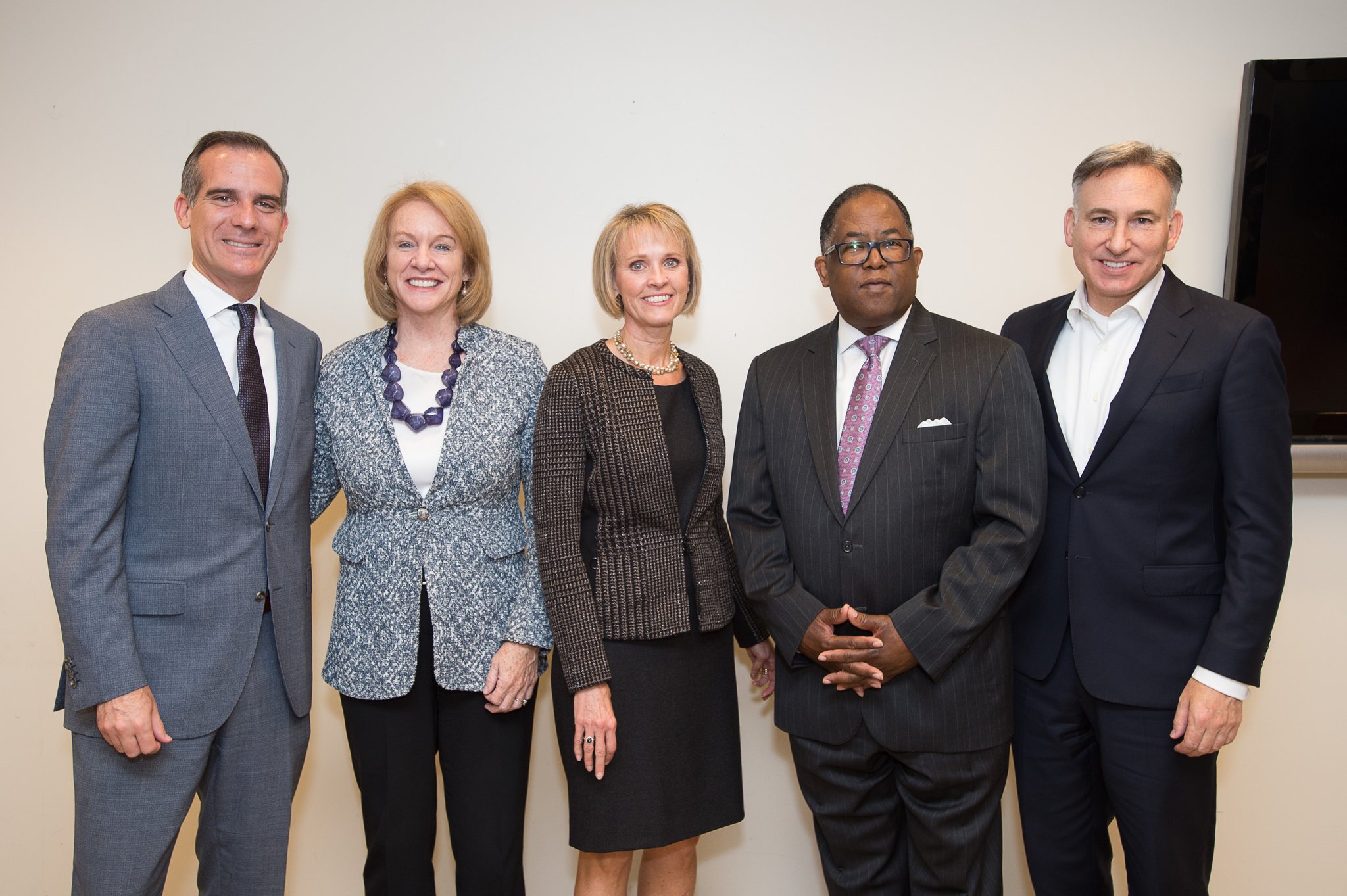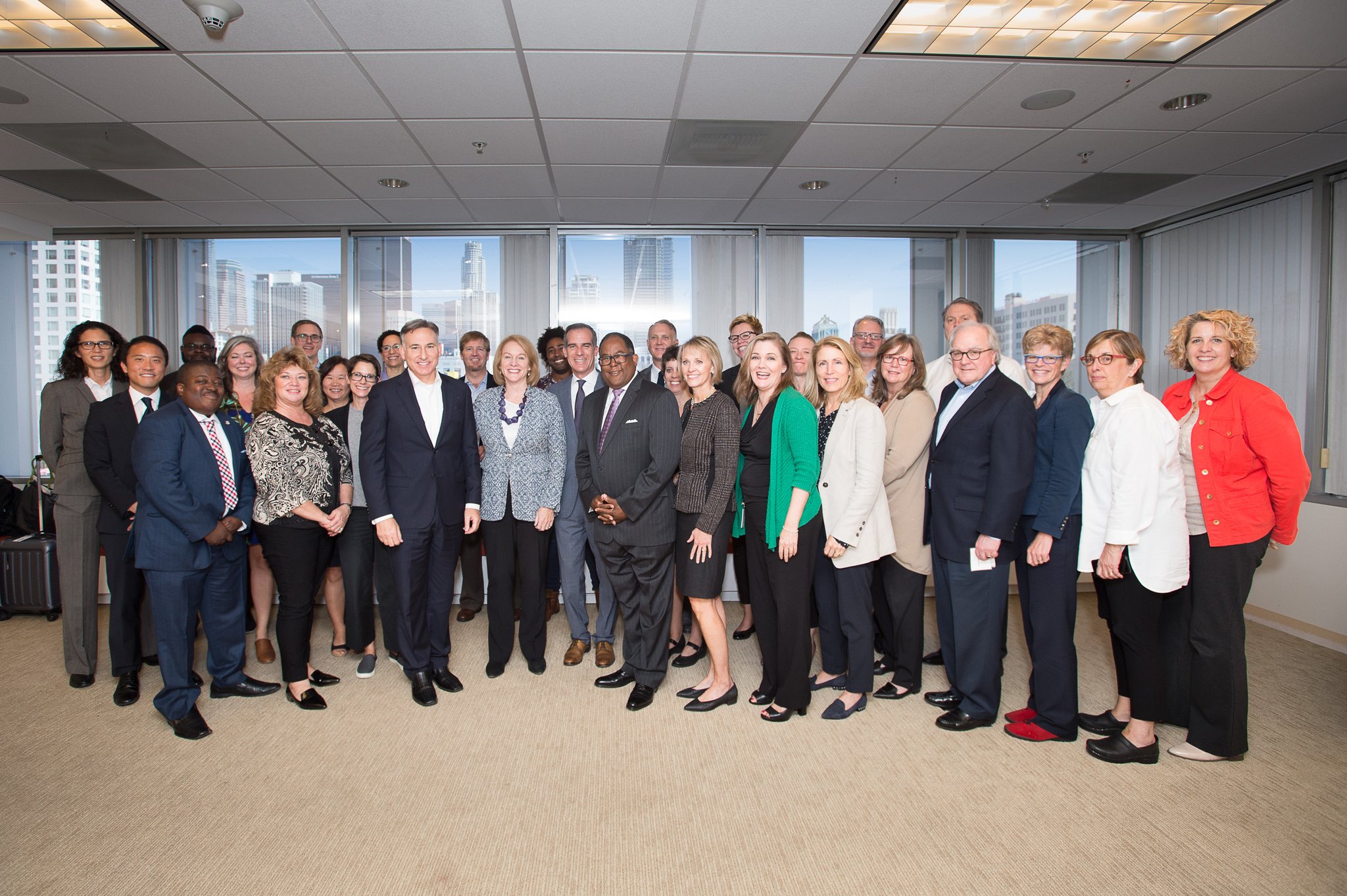
Homelessness and affordability is the moral challenge of our time. It’s why when I took office, I immediately made significant new investments to increase our emergency shelter and bridge housing capacity by 25 percent. My proposed budget includes continued support for these as well as continued investments in prevention, diversion, and housing. In addition, the King County Executive and I signed an MOU between the City of Seattle and King County to examine potential structural revisions to increase the effectiveness, reach, and efficiency of our countywide homelessness response system.
We are making some progress, but it’s not enough; the needs of our neighbors experiencing homelessness are outpacing our capacity to provide services. And we know that without a statewide solution, we can’t build housing fast enough. We will continue to work with the Governor and state delegation for significant increases in housing investments, which should include affordable housing for those impacted by our affordability crisis and homes that teachers, fire fighters and other working families can afford.
We know we can’t do it alone, because homelessness and housing is a regional crisis that demands regional solutions.
That’s why I’ve met with mayors and leaders from communities from across our country to discuss what is and isn’t working to address homelessness in their communities.
Last month, I spent an afternoon in San Francisco meeting with the Director of the Department of Homelessness and Supportive Housing. San Francisco recently consolidated four different departments into a singular entity, and their team discussed their governance structure to increase the effectiveness and efficiency of their response. We also discussed their support for diversion investments, and opportunities to use data to provide better services to people experiencing homelessness. In addition, I’ve met with San Diego Mayor Kevin Faulconer multiple times about his city’s approach to reducing vehicular homelessness.
And this week I led a delegation of regional leaders from the public sector, philanthropy, nonprofit organizations, people with lived experience of homelessness, and the business community to meet with civic leaders in Los Angeles to hear about how they’re bringing people to the table to combat the homelessness crisis in their region. Joined by King County Executive Dow Constantine and Auburn Mayor Nancy Backus, we brought together All Home, Sound Cities Association, United Way of King County, and many more to discuss how we can better address this crisis as a region.
Los Angeles Mayor Eric Garcetti and Los Angeles County Supervisor Mark Ridley-Thomas have been working together to improve collaboration, alignment and coordination between the City and the County to more effectively address homelessness in their region. This work resulted in the City and the County adopting deeply aligned plans to address homelessness, the first of their kind. They were announced and adopted on the same day to send a strong message that the City and County are in the fight together.
We also did a deep dive into the formation, structure and role of business and philanthropy in Los Angeles’ efforts by hearing about the Home for Good Initiative, a countywide effort that includes over 200 partners representing philanthropy, business, government agencies, and service providers working on collaborative solutions to end homelessness in Los Angeles County.
As we learned more about the work that is being done in the Los Angeles region, it became clear that the deep, committed relationships that exist within the business, philanthropy and service provider communities played a crucial role. We know that government doesn’t have all the answers. For that reason, we need strong partners in the community, in philanthropy, in nonprofits, and among those with lived experience of homelessness to move forward together.
For me, the lesson is clear: We have to move forward on finding ways strengthen our partnerships between the City, King County, and leaders in the private, nonprofit, and philanthropic communities. Everyone has to be at the table, and everyone has to do their part. It’s why the City and King County have been moving forward with a comprehensive, coordinated, Regional Action Plan, which builds on the work of One Table and many other initiatives including the Regional Affordability Task Force, All Home Strategic Plan, and Opioid Addiction Trask Force.
Only through a true coordinated effort will we be able to see real, consistent progress in combating this crisis. We know that we can make a difference – if we work together.


